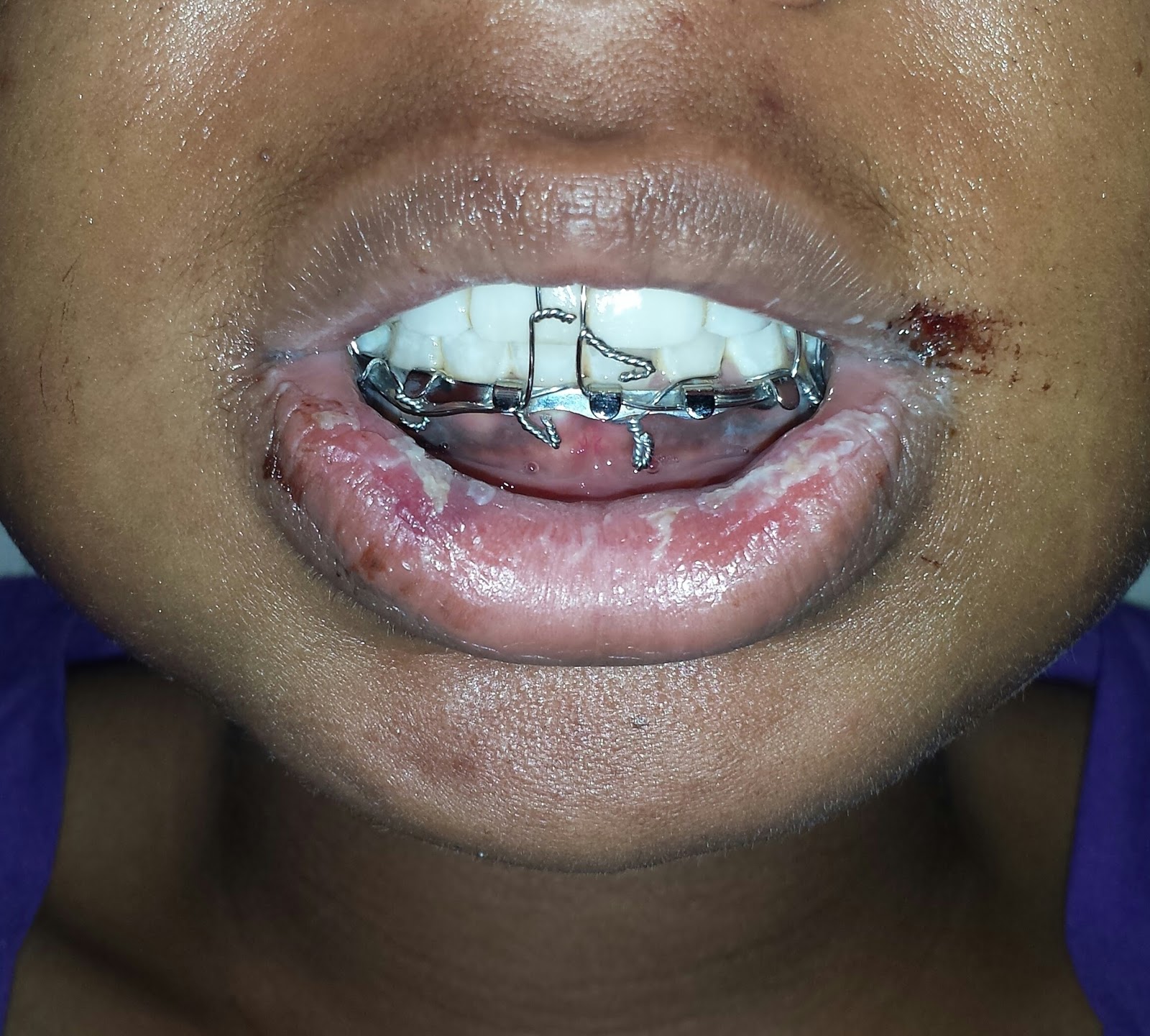Wired jaw is a condition that can arise due to various dental and medical reasons, often leading patients to seek immediate relief and solutions. This article aims to provide a comprehensive understanding of wired jaw, encompassing its causes, treatment options, and recovery processes. By the end of this article, readers will be equipped with knowledge about this condition, helping them make informed decisions regarding their health.
The concept of a wired jaw typically refers to the surgical procedure used to stabilize the jaw, often following an injury or surgical intervention. While this condition may sound daunting, understanding its implications and management can significantly reduce anxiety for those affected. Additionally, the wired jaw technique is sometimes employed in orthodontics to correct severe alignment issues.
In this article, we will delve into the various aspects of wired jaw, including its definition, causes, treatment options, and expected recovery times. We will also highlight the importance of consulting with healthcare professionals for personalized advice and care. Let's embark on this journey to understand wired jaw and how it can impact individuals.
Table of Contents
- 1. Definition of Wired Jaw
- 2. Causes of Wired Jaw
- 3. Treatment Options for Wired Jaw
- 4. The Surgical Procedure Explained
- 5. Recovery Time and Aftercare
- 6. Dietary Considerations During Recovery
- 7. Potential Complications
- 8. When to See a Doctor
1. Definition of Wired Jaw
The term "wired jaw" often refers to the medical procedure known as jaw wiring or maxillomandibular fixation (MMF). This procedure involves the use of wires to immobilize the jaw, enabling proper healing after fractures or surgeries. The primary goal is to ensure the jaw remains stable while it heals, preventing further injury or complications.
2. Causes of Wired Jaw
Several factors can lead to the need for a wired jaw. Some of the most common causes include:
- Jaw fractures due to trauma or accidents
- Surgical procedures to correct jaw alignment or dental issues
- Severe dental conditions requiring immobilization
- Orthodontic treatments for extreme cases of malocclusion
2.1 Trauma and Injuries
Injuries resulting from sports, falls, or vehicular accidents can cause significant jaw fractures, necessitating surgical intervention. In these cases, wired jaw helps stabilize the fractured bones during the healing process.
2.2 Medical Conditions
Certain medical conditions may require jaw wiring for effective treatment. This includes severe infections, tumors, or other complications that affect jaw stability.
3. Treatment Options for Wired Jaw
Treatment options for wired jaw vary based on the underlying cause and severity of the condition. Generally, they include:
- Orthopedic interventions for fractures
- Orthodontic treatments for alignment issues
- Physical therapy to regain jaw function post-treatment
4. The Surgical Procedure Explained
Wiring the jaw is typically performed under anesthesia. The surgeon will carefully place wires around the jaw to immobilize it, allowing for optimal healing. This process may take several hours, and patients usually require a recovery period before returning home.
5. Recovery Time and Aftercare
The recovery time for wired jaw varies depending on the individual and the extent of the procedure. Generally, patients can expect:
- A healing period of 6 to 8 weeks for jaw fractures
- Regular follow-ups with the healthcare provider
- Gradual reintroduction of solid foods as healing progresses
6. Dietary Considerations During Recovery
During recovery from wired jaw, dietary modifications are crucial. Patients should focus on:
- Soft foods that do not require extensive chewing
- High-protein foods to aid in healing
- Hydration to support overall health
7. Potential Complications
While wired jaw procedures are generally safe, there are potential complications that patients should be aware of, including:
- Infection at the site of wiring
- Misalignment during the healing process
- Difficulty in speaking or eating
8. When to See a Doctor
Patients should seek medical attention if they experience:
- Severe pain that is not manageable with medication
- Signs of infection, such as fever or swelling
- Persistent difficulty in eating or speaking
Conclusion
In summary, understanding wired jaw is essential for those facing this condition. From its causes to treatment options and recovery processes, being informed empowers individuals to make educated decisions regarding their health. If you or someone you know is experiencing issues related to the jaw, it is crucial to consult with a healthcare professional for personalized advice and care.
We encourage readers to share their experiences or questions in the comments section below. Additionally, feel free to explore other articles on our site for more information on health and wellness topics.
Penutup
Thank you for taking the time to read this article on wired jaw. We hope you found it informative and helpful. Please visit our site again for more insights and updates on various health-related topics. Your health journey is important to us!
Also Read
Drake And Millie Bobby Brown: A Unique Friendship And Their Journey TogetherAshton Kutcher And Mila Kunis: A Love Story That Captivated The World
Chris Benoit: The Rise And Fall Of A Wrestling Legend
Chinese Scientist Created A Fatal COVID Variant: Disease X
Martha Raddatz: A Deep Dive Into The Life And Career Of A Renowned Journalist
Article Recommendations
- Comedy S 2023
- Galazeye Reviews
- Kylie Jenner With Kardashian Sisters
- Astrological Sign For October 4
- Whaddon Healthcare
- Actor Rapper Common
- Sugar Babies
- Where Is Future From
- Shine On Harvey Moon
- Ina Garten Chicken Soup Recipe




